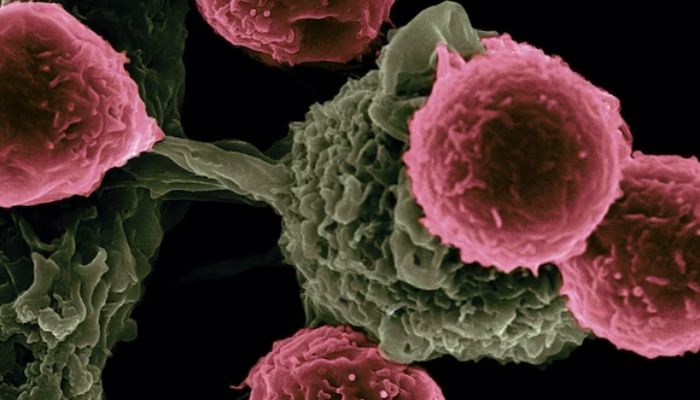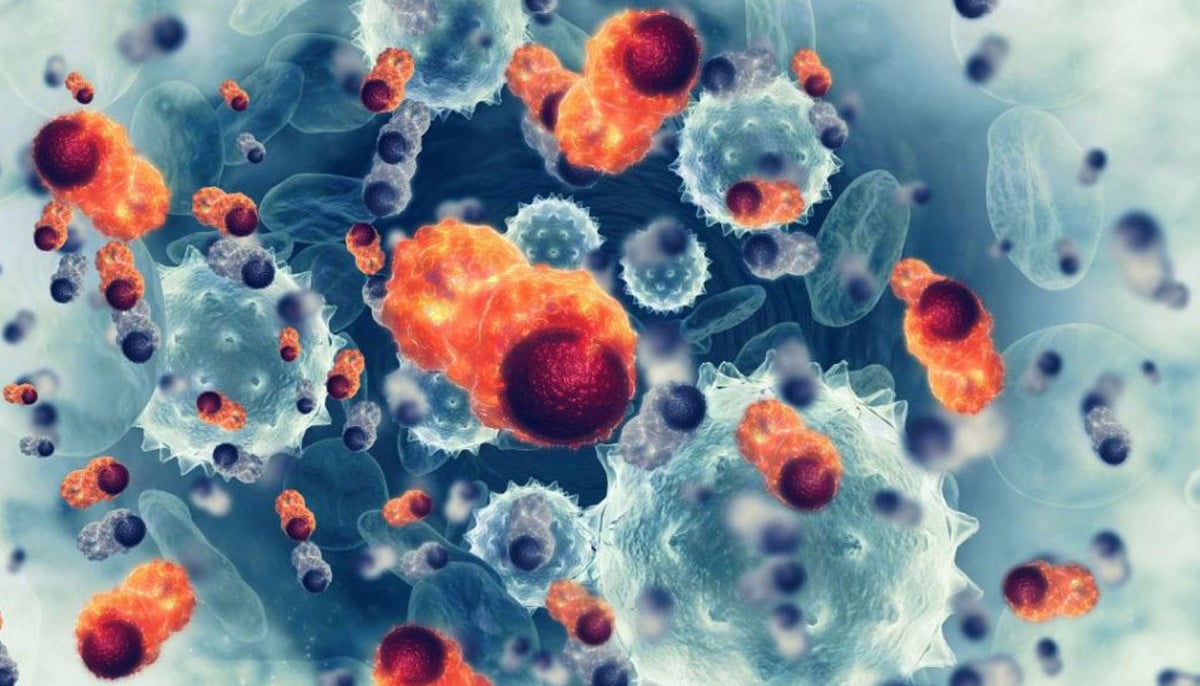Deciphering cancer's code: Research sheds light on protein role in metastasis
Researchers analysed proteins across 15 organisms, including humans, single-celled organisms, zebrafish, and some plants
A recent study conducted by researchers from McGill University has made significant strides towards understanding how metastatic cancer spreads throughout the body.
The study specifically delved into the function of proteins known as phosphates of regenerating liver (PRLs), which play a role in cell growth and metabolism.
Previous studies have shown that these proteins appear in high numbers in some cancers, including metastatic colorectal cancer, where they are overexpressed up to 300-fold. Due to the fact that PRLs are so over-represented within cancerous tissue, they have long been considered a target for cancer treatments.
The study aimed to determine whether the way PRLs function is specific to human cells or if these properties are present across the numerous organisms in which they are found.
Researchers analysed the proteins across 15 organisms, including humans, single-celled organisms, zebrafish, and some plants, and confirmed that PRLs are present in all of them. The team even studied PRLs in fruit flies, a species quite different from humans, and found that one aspect of PRLs was identical to the one found in humans: they all bind the magnesium transporters in the same way.
This suggests that the way these proteins bind is central to their functioning within the body and provides insight into how scientists might design drugs to shut these proteins down.
The study's findings have crucial implications for cancer research as they pave the way for developing new treatments.
Understanding the mechanism by which PRLs promote cancer growth is a significant step in discovering new targets for drugs that can prevent cancer progression. The research was made possible by data collected at the Canadian Light Source (CLS) at the University of Saskatchewan, where an instrument capable of producing the brightest light in the country allowed researchers to study the structural and chemical properties of PRLs on the molecular level.
Dr Kalle Gehring, professor of biochemistry and founding director of the McGill Centre for Structural Biology, said in a press release that it's essential to study PRLs because of their significance in cancer.
The fact that these proteins are so overexpressed within cancerous tissue has long made them a target for cancer treatments. The study's results are a promising development in cancer research, and the team's efforts will help scientists design effective treatments that target the proteins responsible for cancer growth.
This study showcases the potential for using interdisciplinary approaches to tackle cancer research and highlights the importance of collaboration across different fields of science.
-
Shocking reason behind type 2 diabetes revealed by scientists
-
Simple 'finger test' unveils lung cancer diagnosis
-
Groundbreaking treatment for sepsis emerges in new study
-
All you need to know guide to rosacea
-
Prevent cancer with these simple lifestyle changes
-
Experts reveal keto diet as key to treating depression
-
Skipping breakfast? Here are some reasons why you shouldn't
-
Sciences reveals shocking body response against heart attack












